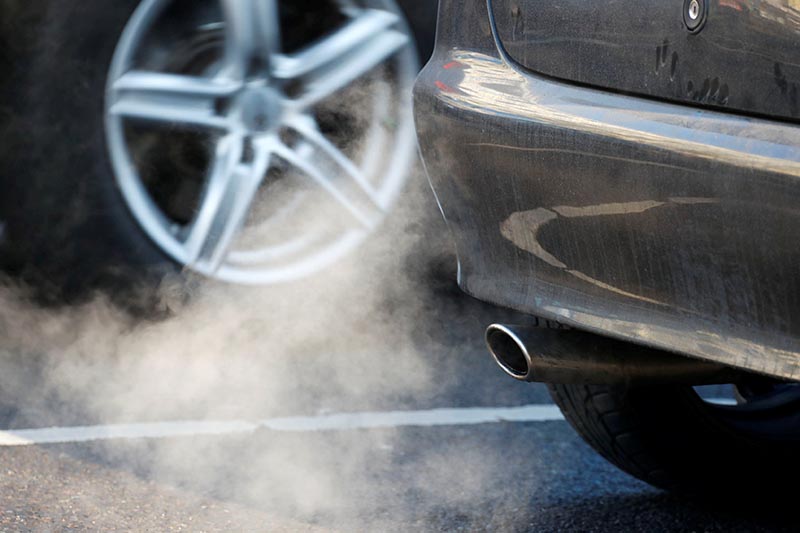Automobile mechanics urged to repair vehicles responsibly
Kathmandu, June 9
Sadhusudan Adhikari, secretary at the Ministry of Physical Infrastructure and Transport, has appealed to auto mechanics and technicians not to compromise on quality repair and maintenance of vehicles in their workshops.
Speaking at a training programme on the ‘Role of Mechanics in Road Safety and Pollution Control’ organised in Kathmandu by the MoPIT in association with Nepal Auto Workshop Entrepreneurs Association today, he said, “Auto mechanics and technicians could make a difference in reducing road accidents and pollution by repairing vehicles in a responsible manner.”
As many as 497 persons, including 129 males, were killed in 29,258 road accidents in Kathmandu valley over a period of three years.
The major causes of road accident are negligence of drivers, speeding, drink driving, mechanical glitches, haphazard overtaking, negligence of pedestrians, poor and congested roads, weather and stray animals.
Secretary Adhikari warned that the recent monitoring and test conducted by the government had showed that the rising level of vehicle emissions had further deteriorated air quality in the valley. Vehicular emissions are aggravated by substandard or adulterated fuel, narrow and poorly maintained streets, poor traffic management, old vehicles and poor maintenance.
NAWEA chairperson Sharan Kumar Gurung urged the government to ensure proper management and safe disposal of used tyres, batteries and engine oils to keep the environment clean and prevent their misuse by others. He claimed that brick kilns were using old tyres to bake bricks in a manner to cause an adverse impact on the environment.
Gurung also warned that some auto workshops were risking the lives of vehicle drivers and passengers by using substandard spare parts. He appealed to workshops and mechanics to be more responsible towards their profession.
Kathmandu and other major cities have PM10 of 193-2,104 micrograms per cubic metre (µg/m3), which is up to 17.5 times higher than National Ambient Air Quality Standard of 120 µg/m3 prescribed by the government. The World Health Organisation considers air unsafe when average exposure to fine particulate matters (PM10 and PM2.5) exceeds 10 µg/m3, according to the Ministry of Forest and Environment.






